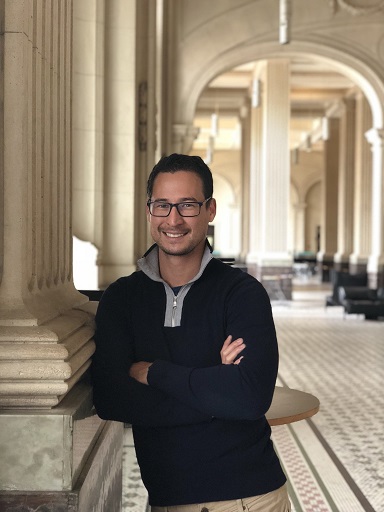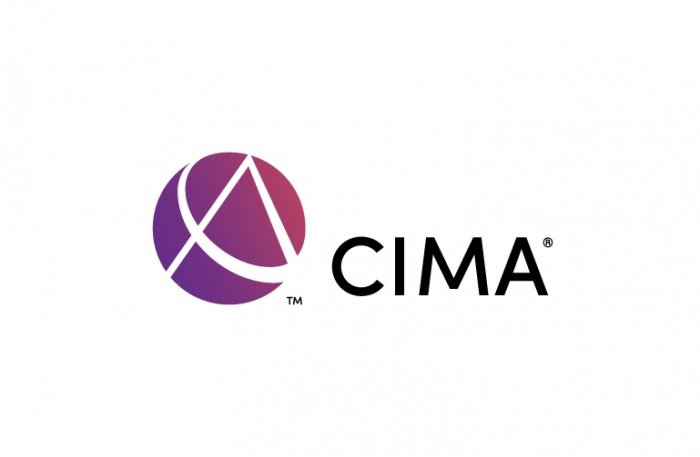
Advancing Your Management Credentials with CIMA
One does not simply become a Group Finance Manager of a group of companies in education and F&B without being able to multitask, but that is precisely the skill of Daniel Funabashi, who juggled his responsibility while completing his Chartered Institute of Management Accountants (CIMA) qualification.
“There’s no easy way. In order to get qualified, you need discipline and planning,” says Daniel from Dubai, where he is based. “Before I started studying for each exam, I used to build a schedule and I tried to stick to it until the day of the exam.”
Daniel, who is Group Finance Manager for D&M Funabashi, found his way to the CIMA qualification via the Masters Gateway route, which is an accelerated route to the globally recognised Chartered Global Management Accountant (CGMA) designation for individuals who hold an MBA or Master’s in Accounting. After completing his Management Case Study in the Management Level, it allowed him to start his journey at the Strategic Level immediately. The entire process of getting his CIMA qualification took him a year and a half.
Daniel felt that he needed something more specific for his CV after completing his MBA, and that’s how he chose CIMA as his preferred qualification.
“My MBA was a great experience, but I wanted something which improved my knowledge in all areas but also with focus in my specific area, which is finance. CIMA seemed the most suitable and in line with my career goals. It had interesting content, a good mix of theoretical and practical exams, a vast network of alumni, and most importantly, recognition across the globe,” he explains.
“Of course, the gateway route also allowed me to eliminate the operational and management levels and get fully qualified in 18 months.”
CIMA was useful to him because of its relevance in various areas that he deals with in his company, which he co-manages with his brother. Specifically, having to make investment decisions that can shape the future of the group. “When you’re managing a business, you’re faced with making decisions all the time. Sometimes it could be investing in equipment or hiring new staff…having the knowledge to analyse these things is useful,” elaborates Daniel.
He also found CIMA to be different from other professional accounting qualifications in the way that it tests practical knowledge in its case studies, where he can see how it is useful at the workplace through his own working experience.
“We are in the process of deciding on whether or not to open a third chain of our pizza restaurant, and it’s a lot of work to understand the numbers. We also want to help them save on staff. In CIMA, they teach us how to analyse the investment using different techniques in finance,” he says. “This is good because it helps us to talk to the other companies and engage the various stakeholders involved.”
It wasn’t all smooth-sailing for Daniel, who failed his P3 (Risk Management) examination due to excessive fatigue. Being the perfectionist that he is, he kept going even though his motivation levels were low after passing his F3 (Financial Strategy) and E3 (Strategic Management) exams.
“I was studying for more than 6 months, almost every day, and felt my energy levels and focus decrease considerably,” he says. “Then my workload started coming in and I couldn’t keep up the pace. I should have understood that my body needed a break, because I failed the exam after a very difficult preparation. I wanted to get qualified in a short time.”
However, he gathered himself after taking some time off to recharge by relaxing, traveling, and spending time with his friends and family. Once he was back on his feet, he very quickly passed his P3 exam. Daniel also credits his tuition providers, Phoenix FT and CIMA Hub, for helping him grasp the materials quickly.
“I chose to use a tuition provider because my previous research showed that this is one of the most challenging exams,” he explains. “The technical expertise and experience of the tutor gave me a lot of powerful insights. On top of that, it helped me focus on my learning better because I had to fit the CIMA exam into my schedule.”
So what is next for Daniel, now that he has obtained his qualification? He says he will continue to use the knowledge that he has learned in his current role, but his career goal is to become a chief financial officer for a multinational firm.
“I feel that I am learning a lot, and I am closer to where I want to be,” he says with excitement. “Being closer to the finish line motivates me to keep learning and keep growing in my career.”



























